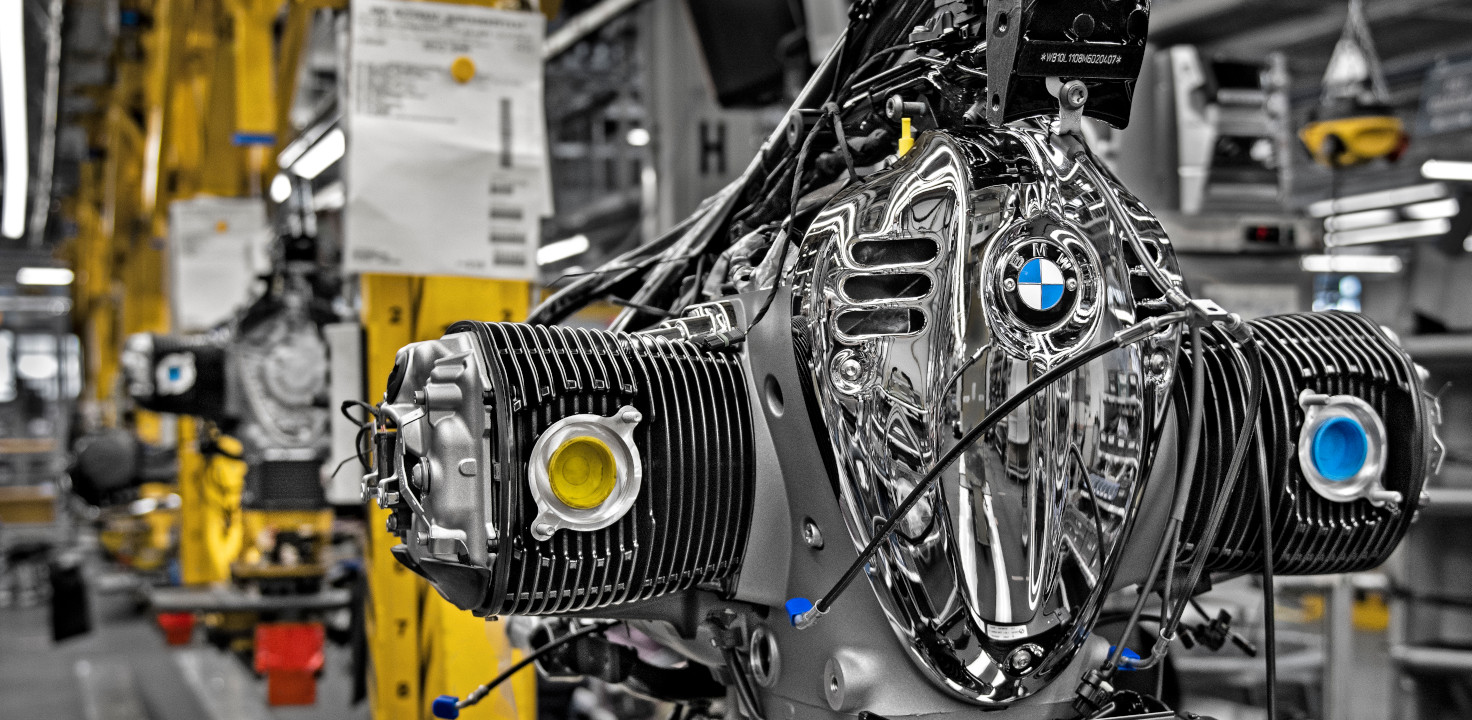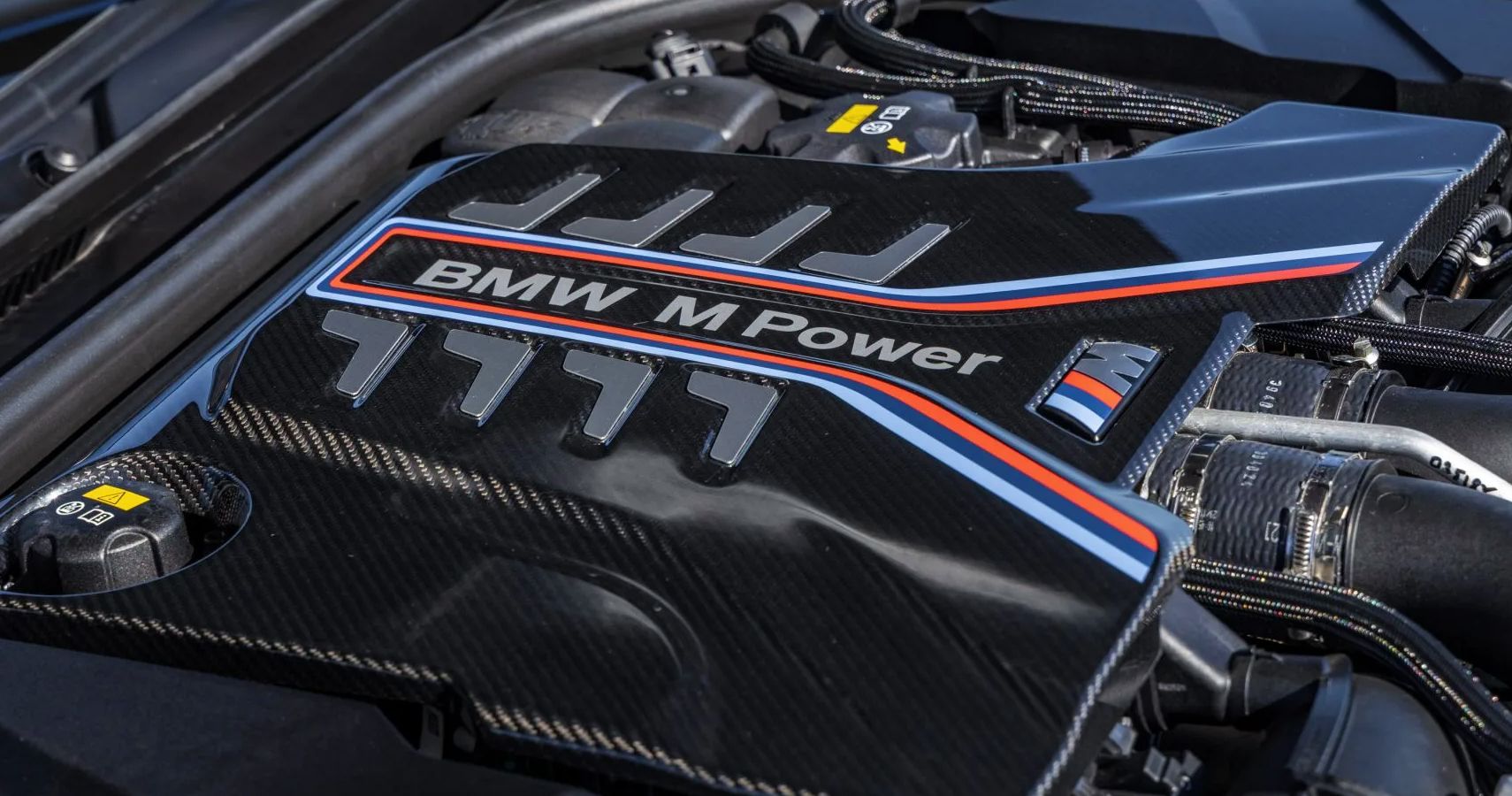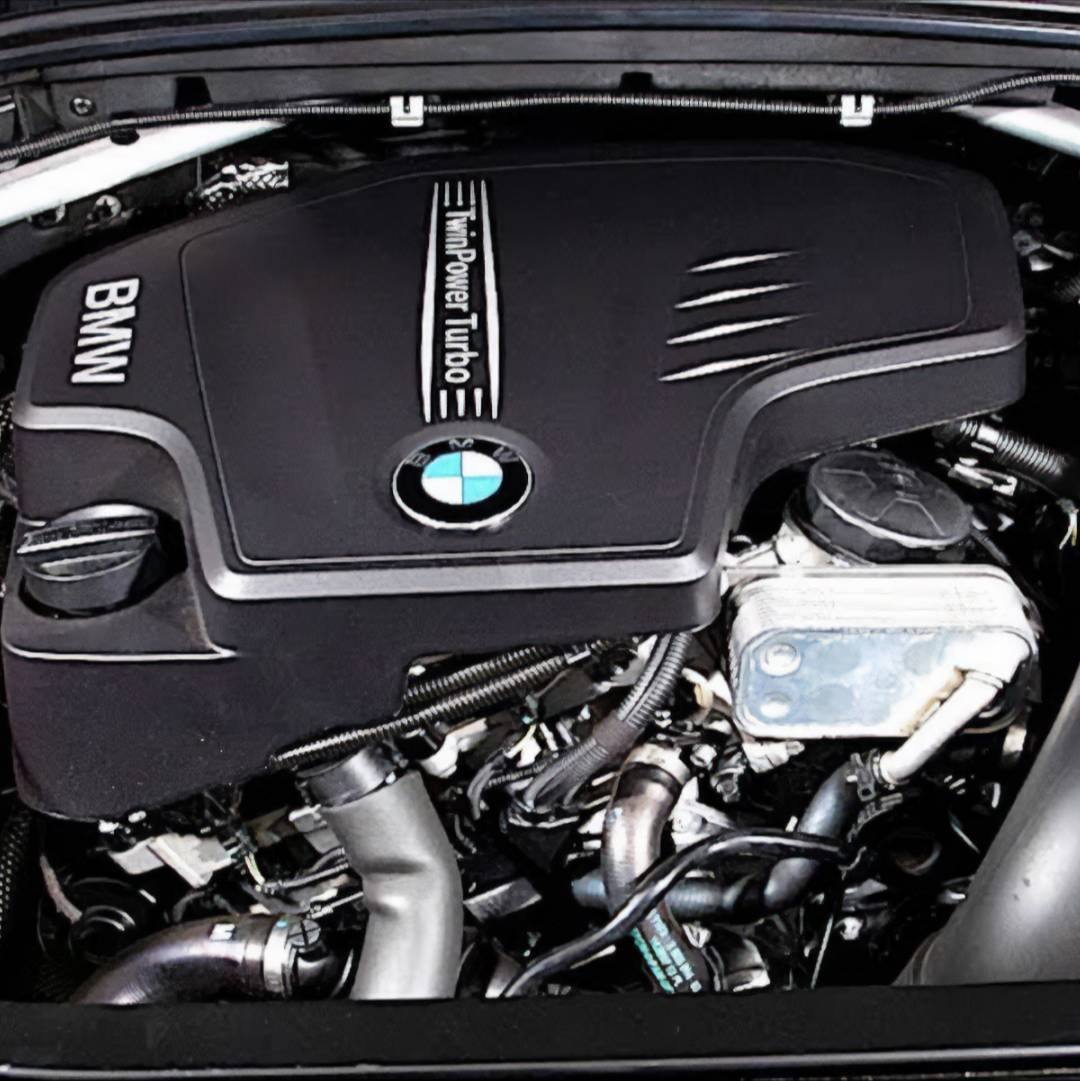Common Issues Faced by BMW Engine Owners and How to Solve Them
Common Issues Faced by BMW Engine Owners and How to Solve Them
Blog Article
Introducing the Intricacies of Next-Generation Power Units: a Deep Dive Into Advanced Engine Technologies and layouts
As we stand on the precipice of a brand-new age in transportation, the details of next-generation engine layouts bid us to check out the advanced modern technologies and advancements that promise to redefine the driving experience. Digging deeper into the worlds of discharge control, smart engine management systems, and the perspective of power unit advancement, we find ourselves on the cusp of an improvement that assures to improve the landscape of movement as we recognize it.
Evolution of Engine Materials

The shift towards progressed engine products has actually also allowed designers to design engines with higher power outcomes while keeping gas performance standards. As an example, making use of lightweight materials minimizes the total weight of the engine, resulting in enhanced gas economic climate and reduced discharges. In addition, innovations in materials innovation have permitted far better thermal administration within engines, leading to boosted dependability and durability.
Turbocharging and Supercharging Technologies
Just How do Turbocharging and Supercharging Technologies reinvent engine performance and performance in contemporary cars? Turbocharging and supercharging are innovations that considerably enhance engine efficiency by enhancing the amount of air consumption into the burning chamber. Turbocharging achieves this by making use of a turbine driven by exhaust gases to pressurize the consumption air, while supercharging makes use of a belt- or chain-driven compressor to accomplish the same result.
These technologies make it possible for smaller, more fuel-efficient engines to create power equivalent to bigger ones, referred to as downsizing. By compeling more air right into the cylinders, turbocharging and turbo charging enhance burning effectiveness, resulting in boosted horsepower and torque outcome without a significant boost in engine dimension. This causes better velocity, towing capability, and overall driving performance.
Moreover, turbocharging and supercharging contribute to boosted fuel performance by enabling the usage of smaller engines that consume much less fuel under regular driving conditions - bmw engine. This mix of enhanced performance and performance has made turbocharging and turbo charging integral elements of many contemporary engine layouts
Emission Control and Environmental Effect
With increasing worldwide problems concerning air top quality and environmental sustainability, the application of exhaust control modern technologies in cars plays a crucial role in decreasing dangerous toxins launched right into the ambience. Modern vehicles are equipped with sophisticated emission control systems that help reduce the environmental impact of automobile operations. Catalytic converters, for instance, are developed to convert harmful gases such as carbon monoxide, nitrogen oxides, and hydrocarbons into less hazardous compounds like carbon dioxide and water vapor.
Additionally, developments in engine innovation, such as the combination of exhaust gas recirculation systems and selective catalytic reduction, have significantly added to reducing emissions. These technologies operate in tandem to maximize burning effectiveness and minimize the launch of dangerous toxins into the air. Additionally, the growth of crossbreed and electric vehicles stands like this for a critical action towards reducing the total ecological footprint of the transport market.
Intelligent Engine Management Systems

Furthermore, these systems make it possible for cars to satisfy rigid exhausts requirements without compromising efficiency, supplying a more eco-friendly driving experience. The assimilation of expert system and device understanding abilities in engine monitoring systems continues to press the limits of what is feasible, leading to additional improvements in effectiveness, integrity, and overall automobile performance. bmw engine. As automobile modern technology advancements, smart engine monitoring systems will play a critical role fit the future of transport in the direction of an extra efficient and lasting direction
Future Trends in Power System Growth
As smart engine monitoring systems lead the method for improved control and optimization in contemporary automobiles, future patterns in power unit development are poised to redefine the landscape of automotive propulsion modern technologies. These different power resources use enhanced efficiency and performance while aligning with rigorous ecological guidelines.
One more significant trend is the integration of advanced materials and making methods. Light-weight materials such as carbon fiber and light weight aluminum are being made use of to minimize overall vehicle weight, boosting fuel efficiency and efficiency. Furthermore, improvements in 3D printing and additive manufacturing are making it possible for the manufacturing of complex engine parts with greater precision and durability.
In addition, expert system and equipment discovering are playing a vital role in maximizing power system efficiency. These innovations permit real-time tracking and flexible control, causing more effective and reliable power distribution. In general, future fads in power unit growth are geared towards performance, sustainability, and effectiveness, driving the auto industry in the direction of a new age of propulsion modern technologies.

Conclusion
To conclude, the developments in engine products, turbocharging, discharge control, and smart administration systems have led the way for next-generation power systems. These innovations have not only improved efficiency and performance however also minimized environmental effect. As technology proceeds to develop, future fads in power why not try these out unit growth are likely to concentrate on additional enhancing sustainability and enhancing power output. The intricate styles and innovations in contemporary engines showcase the continuous advancement of vehicle technology.
Checking out the dynamic improvements in engine materials has actually try this web-site been crucial in enhancing the efficiency and efficiency of contemporary engines. Over the years, the evolution of engine products has actually played an essential function in pushing the boundaries of what engines can accomplish.The shift towards advanced engine materials has additionally made it possible for designers to design engines with greater power results while keeping gas performance requirements.The implementation of smart engine monitoring systems in contemporary automobiles has transformed the way engines are controlled and optimized for efficiency and performance. By gathering data in real-time and evaluating it with sophisticated formulas, smart engine administration systems can adapt to driving styles, ecological aspects, and engine health and wellness to make the most of power result while decreasing gas usage and emissions.
Report this page